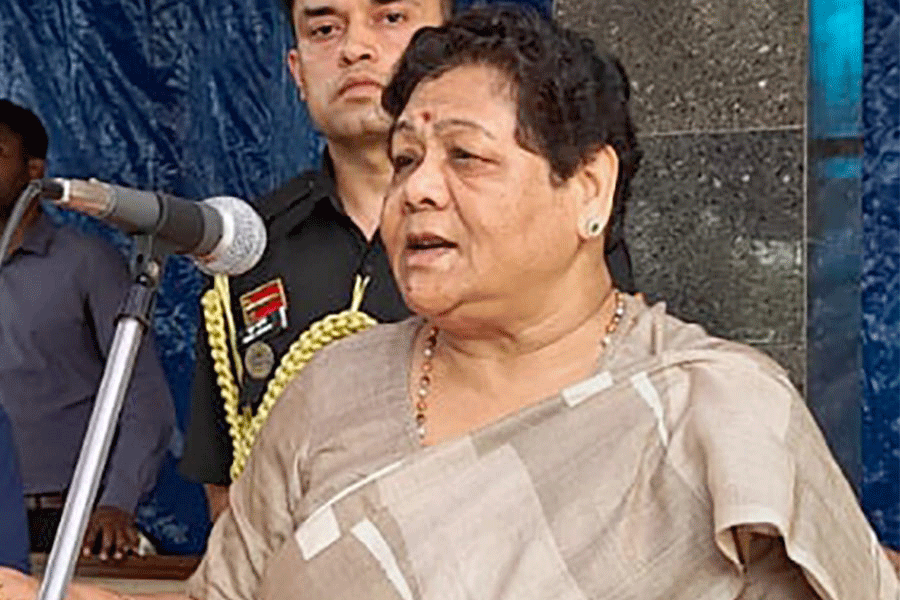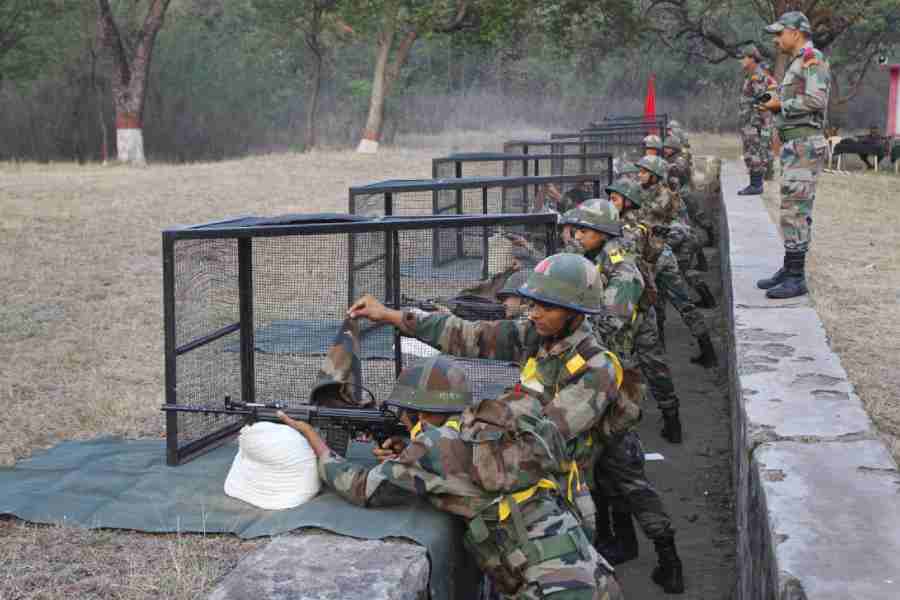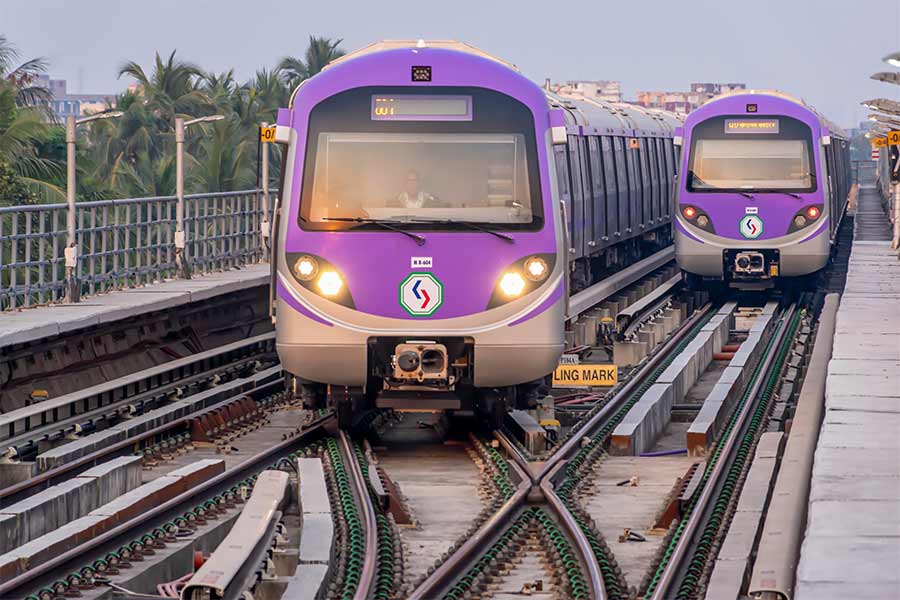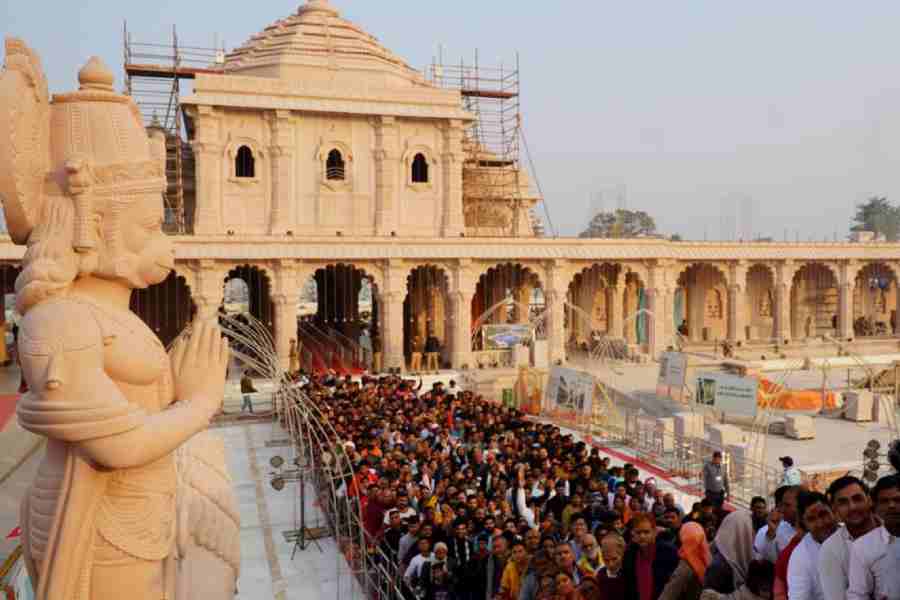After six months without a governor, Manipur has a new, full-fledged one. Ajay Kumar Bhalla, a 1984 batch Assam-Meghalaya cadre IAS officer, who retired as home secretary in August 2024, was sworn in as Manipur’s governor on January 3. After Manipur’s last governor, Anusuiya Uikey, ‘retired’ in July 2024 before even completing a year and a half in office, Manipur’s Raj Bhavan was kept under the charge of the Assam governor, Lakshman P. Acharya.
A soft-spoken woman of few words, Uikey did indicate she was not happy with how the Union government was dealing with the unprecedented conflict in Manipur towards the end of her rather short stay in office. She became even more forthright in making this charge after vacating office in interviews to several media outlets. Among other things, she expressed surprise and consternation at the continued refusal of the prime minister, Narendra Modi, to visit the violence-ravaged state. She also indicated that her
reports from the state while she was in office were not heeded by the Union government.
The circumstances cannot but bring up the old debate on the post of the governor and its continued relevance or otherwise. Is the office of the governor merely ceremonial or, as Fali S. Nariman implied in The State of the Nation in the chapter on federalism, is it meant to serve as the eyes and the ears of the Centre, a legacy from the colonial past?
History shows that to pacify the growing yearning for freedom amongst their colonial subjects, the British began introducing representative governments in their provinces in phases. Hence, the Government of India Act, 1919 implemented the Montague-Chelmsford recommendations for administrative reforms. The Simon Commission report did the same in shaping the administrative reforms introduced by the Government of India Act, 1935. As provincial self-governance expanded and deepened, the role of the colonial governor came to acquire a new relevance. The inclination was for this institution to become the listening post for the colonial Centre, addressing, in the process, the colonial government’s inherent suspicion of its subjects.
Given India’s peculiar balance between a federal and a unitary structure, has the office of governor become a tool to address the Centre’s unease with and distrust of the federal states? Moreover, in recent decades, the governor’s office has become an extended arm of the party in power at the Centre, often going out of the way to help the same party gain the upper hand in power equations in the states. It has also become a tradition for governors to be changed whenever the ruling party at the Centre changes.
Uikey’s short gubernatorial term has demonstrated, once again, how powerless the governor’s office is except as a proxy of the Centre. This is implicit even in the constitutional mandate assigned to the post. Article 156 says that though the appointment is for a five-year term, governors hold office at the pleasure of the president. They can, therefore, be removed anytime they lose the pleasure of the president, which actually means the pleasure of the Union cabinet since Article 74 says the president acts on its advice.
In the initial decades after Independence, the Centre’s apparent wariness of the ways of the states may have had some basis and justification given the traumatic Partition and the reluctance with which several princely states joined the Union. Nariman even hints that Article 3 of the Constitution was meant to warn rebellious former princely states that they could face severe consequences.
Given his professional background, Manipur’s new governor is a capable administrator. Even then, he cannot possibly circumvent the briefs of his office. The only time governors can actually exercise their administrative acumen is when Article 356 is invoked in the event of a constitutional or law-and-order breakdown in a state, or when the state is faced with a financial emergency. Bhalla’s appointment, indeed, is being read by many in this traumatised state as a prelude to such a measure. It remains to be seen whether this prediction comes true.
Pradip Phanjoubam is editor, Imphal Review of Arts and Politics










